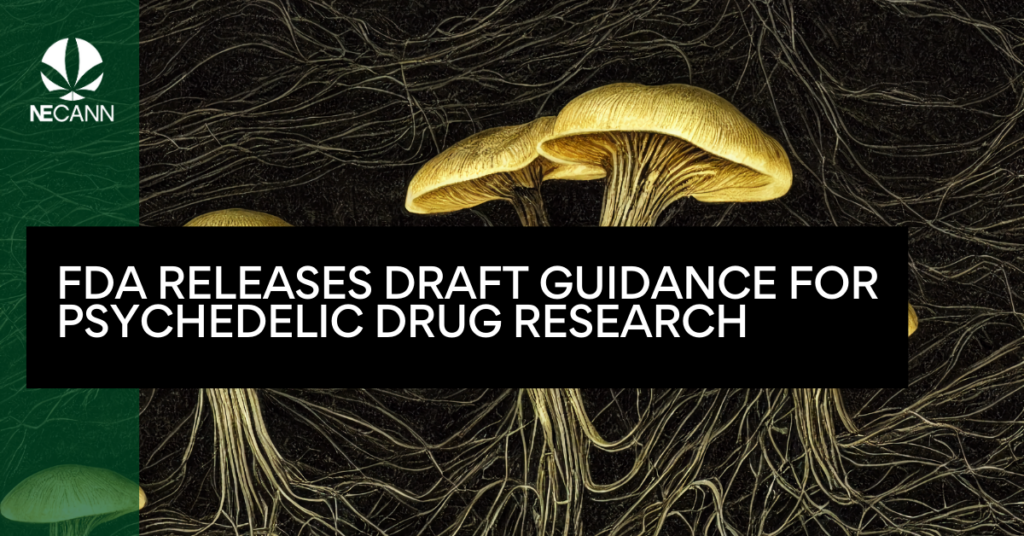The U.S. Food and Drug Administration (FDA) has published its Draft Guidance for the research of psychedelic drugs, including psilocybin, LSD, and MDMA. This guidance outlines the regulatory requirements and unique challenges associated with studying the therapeutic potential of these substances. The FDA aims to ensure that clinical studies are designed appropriately to evaluate safety and effectiveness while considering the distinctive characteristics of psychedelic drugs.
The FDA’s Draft Guidance emphasizes that psychedelic drug development programs must adhere to the same regulations and evidentiary standards as other drug development programs. Compliance with the federal Food, Drug, and Cosmetics Act is essential, and non-clinical investigations should follow the guidelines outlined in the Nonclinical Safety Studies for Human Clinical Trials and Marketing Authorization for Pharmaceuticals.
Designing clinical studies for psychedelic drugs presents unique challenges due to their profound effects on perception and consciousness, which can last for several hours. Some programs incorporate psychological or behavioral interventions, and researchers hypothesize that these drugs can provide rapid-onset and long-term benefits with just a few doses. These distinctive characteristics must be carefully considered to ensure the interpretability of study results.
The FDA acknowledges that most medical conditions being studied in psychedelic research programs are chronic in nature. The proposed regulations provide a framework for psychedelic therapy, which is currently legal in Oregon. If the FDA were to approve a drug currently classified as a Schedule I substance under the Controlled Substances Act, the assessment of abuse potential would assist in determining appropriate rescheduling actions.
The FDA is welcoming public comments on the proposed rules until August 28. This opportunity allows stakeholders and interested parties to provide feedback and contribute to the ongoing development of regulations for psychedelic drug research. Public input plays a crucial role in shaping the future of this field and ensuring safe and effective use of psychedelic therapies.




